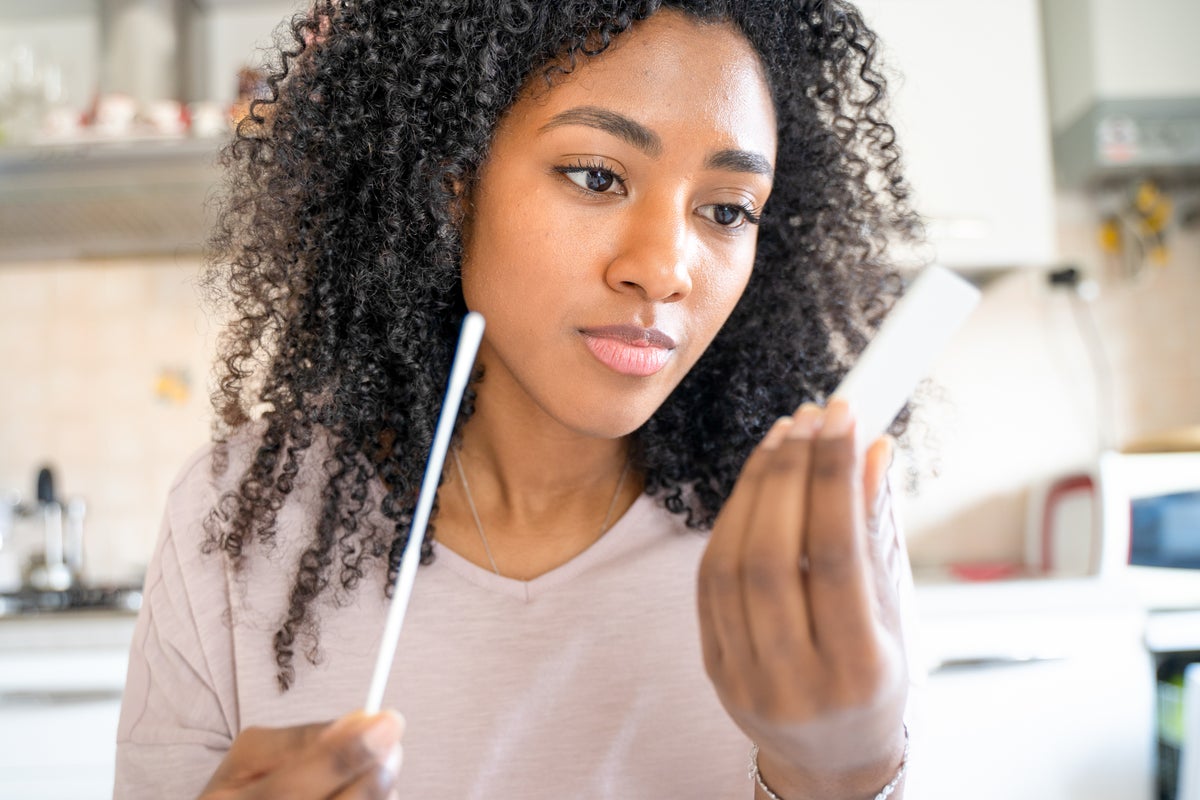
Covid cases have been on the rise for weeks in the US, and experts are urging the public to take the summer wave seriously.
Dr Anthony Fauci, former lead of the National Institute of Allergy and Infectious Disease, recently said in an interview with CNN that he’s worried about Americans’ attitude toward rising case counts. “I am concerned that people will not abide by recommendations—and we’re not talking about mandates or forcing anybody—but when you have a situation where the volume of cases in society gets to a reasonably high level…those who are elderly and those with underlying conditions are going to be more susceptible and vulnerable, if they get infected, to get severe disease leading to hospitalisation,” he said.
Dr Fauci isn’t the only one raising concern: Dr Deborah Birx, who served as White House coronavirus response coordinator under then-president Donald Trump, recently said in an interview with ABC News that by ignoring Covid, Americans are living in a “fantasy world”.
“We’re pretending that Covid is not relevant,” Dr Birx said. “But I can tell you…you know two or three people who have Covid. That means that five to ten per cent of your friends already have Covid.”
According to the most recent data from the Centers for Disease Control and Prevention (CDC), from 27 August to 2 September, hospital admissions from the virus rose 8.7 per cent from the previous week. Deaths from the virus jumped 10.5 per percent during that same time period.
As new variants Eris (EG.5) and Pirola (BA.2.86) circulate, experts are urging Americans to do all they can to slow the spread of the virus, including staying up-to-date on vaccines. On 12 September, the CDC released a statement that said everyone six months and older will be eligible for the updated vaccine, which has been designed to target newer variants.
In addition to getting the shot and masking when appropriate, the CDC recommends that the public continue testing for Covid-19 to slow the spread, and the agency has released specific guidance on when and how to monitor yourself.
If you have symptoms, the CDC recommends testing immediately. If you are only going to take a single test, opt for a PCR test, rather than an at-home test, since they are more reliable. If you use an at-home test instead and the result is negative, you’ll want to take another test in 48 hours or take a PCR test immediately to confirm the result.
If you have been exposed to Covid but you don’t have symptoms, the CDC recommends waiting at least five full days before testing yourself. If you’re only going to test once, you should take a PCR test, since they’re more reliable. If you use an at-home test instead and the result is negative, you should re-test yourself in 48 hours. If that second test is negative, you should wait another 48 hours and test a third time. Following these instructions is the best way to assure your tests are accurate, experts say.
If your at-home test is expired, you shouldn’t use it unless the Food and Drug Administration (FDA) has given it an extended expiration date. The FDA has provided a list of products that have been given this designation on its website.
The list includes product names, lot numbers, original expiration dates, and extended expiration dates.
If your test is not on this list and has already expired, it may not give you an accurate result, per the FDA. “The FDA does not recommend using at-home COVID-19 diagnostic tests beyond their authorized expiration dates…COVID-19 tests and the parts they are made of may degrade, or break down, over time,” the agency said in a statement.
Continuing to test will be crucial in keeping vulnerable people safe during cold and flu season, experts say. “We have more tools than ever to prevent the worst outcomes from COVID-19,” CDC Director Dr Mandy Cohen said in the agency’s 12 September statement.
Many say the government should continue to provide free Covid tests and treatment to the American people. An NIH-supported program recently ran out of tests after advertising that they could give people without health insurance six for free. “Hopefully they resume soon, but this demonstrates the continued demand for access to COVID resources,” Dr Lucky Tran, director of science communications and media relations at Columbia University, wrote on X, formerly known as Twitter. “The government needs to do more to provide them.”







